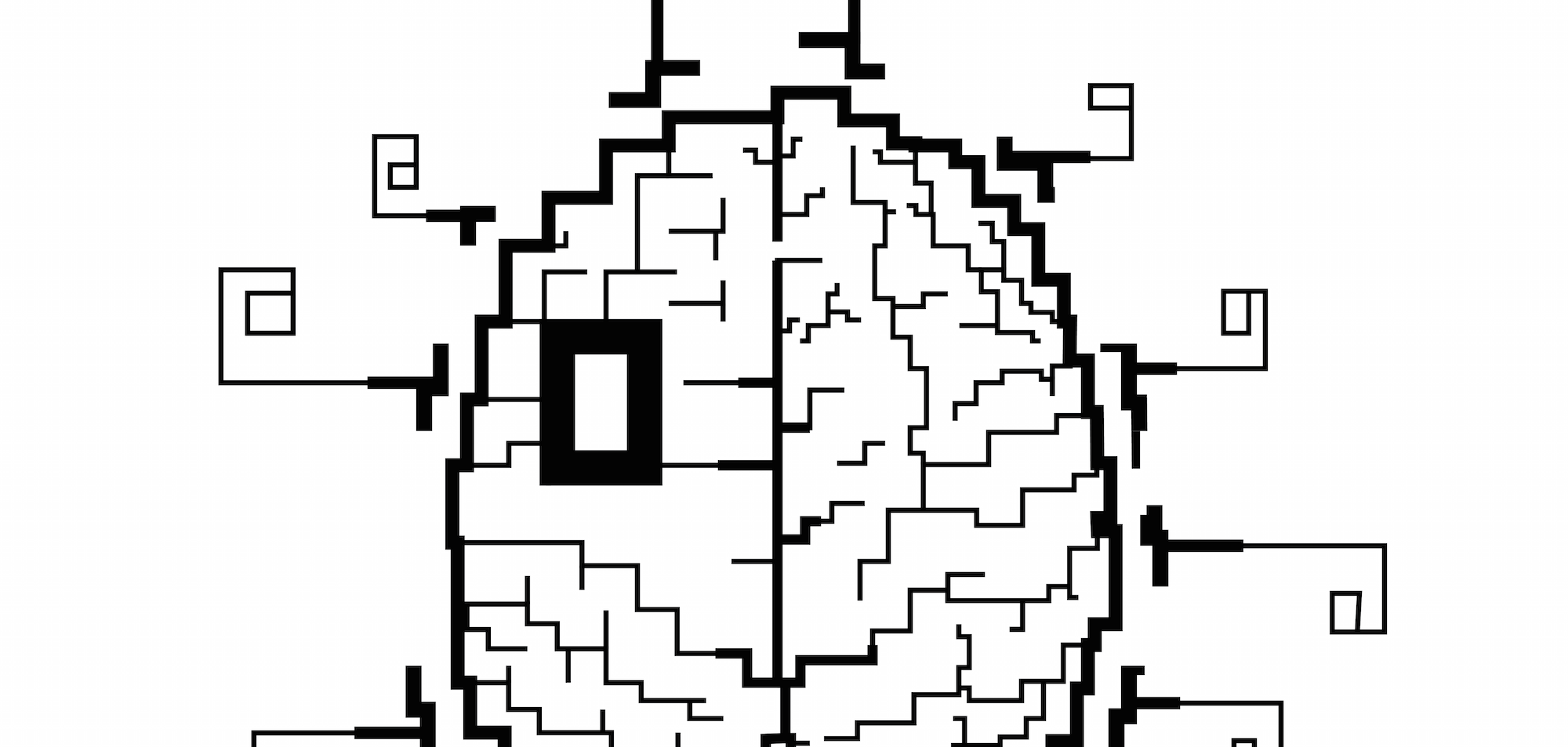While we wait for the upcoming book, La Cura, the Open Source Cure for Cancer will be in Milan for the Dreamers Day, on October 18th 2015, together with two of its great inspirations: an oncologist who is also a hacker, Pier Mario Biava, and an enlightening personality of the theories of complexity, Ervin Laszlo.
At the Dreamers Day, we will have a talk and presentation about the story of La Cura, and about its most recent updates, which include the preparation of the upcoming book, and the peculiar structure we are giving it. It will be no ordinary publication, but, rather, the continuation of the performance of La Cura: the opportunity to take back disease into society, and to reclaim our humanity in the process, through technology, relationships, sciences and solidarity.
We will be more than happy in Milan, because we will get to be on stage together with two of our greater inspirations: Pier Mario Biava and Ervin Laszlo.
Pier Mario Biava is no ordinary oncologist. We call him the hacker of oncology, because in his research he tries to find ways in which cancer cells are not brutally destroyed but, rather, reprogrammed. This is a very interesting approach, as it simulates life, rather than death. In fact, his research aims at stimulating cells towards differentiation, just like it happens when we are born: first a bundle of indifferentiated cells grows and, then, a program (like a software) found in the epigenome causes them to differentiate, becoming the cells of our skin, liver, brain, etc, eventually arriving at building the whole body in all its different parts. Biava tries to cause the same effect in his cures, actually re-programming cancer cells into differentiation.
This approach has a series of very important things in common with La Cura.
Probably the most important of them is the fact that in this approach medicine becomes a complex entity, whose objective is not to simply apply some protocol to “bomb” cells and to treat some symptoms, but to perform complex interventions whose aim is to “restore meaning“, to create the conditions and the environment (acting on chemical, physiological, dietary, psychological, social and cultural levels) for the whole human being (including all of his/her interconnected components, from cells to social bonds) to re-program itself, with meaning and intention. As said, these interventions are as complex as imaginable, acting at micro-levels through factors which are able to stimulate cell reprogramming, at macro-levels, through dietary and social/psycological interventions, and through everything that there is in-between these two extremes. This has always positively shocked us for its affinity to what we did in La Cura: bringing out the disease from the hospital and back into society where the human being can, finally, be cured, through surgery and chemistry, and through solidarity, relationships, arts, creativity, and more, all part of the Cure. This is, for us, an important approach, with effects which are not merely scientific, but also political, social, cultural.
Together, Ervin Laszlo and Biava have presented the “Manifesto for the New Paradigm in Medicine“.
According to the Manifesto:
“In the light of new discoveries in the fields of physics, biology, epigenetic, neuroscience, psychology and psychosomatic, it is necessary for science, which so far has provided a fragmented picture of the world, bound by disciplinary aspects apparently unrelated, to look for a new paradigm. This paradigm has to unify the various disciplines, starting from what connects the physical universe to the living world, the living world to the social world, the social world to culture.
[…]
In this context it is important to consider the crucial role of consciousness in the knowledge of the world in relationship with information and in-formation.
[…]
Given the foregoing considerations, the diseases which affect the living systems have to be considered as an imbalance of information. To understand the causes and the nature of the different diseases we will continuously consider the two logics with which it is possible to decode the information, ie the sign and the symbolic logics.
[…]
3) Diseases have to be considered as an imbalance of information. In other words, diseases have to be identified as pathologies of information, that can be classified according to different types of disruption of information.
4) Disease is an event simultaneously individual and collective. It is individual when it is limited to an individual subject, but, given that all living beings are in a dynamic relationship with each other, the individual disease only reflects the reductive vision with which it is considered. So it would be more correct to define every disease as collective.”
Again data and information are not mere objects on which to run software and protocols, but they are a complex expression of life and, thus, their understanding and possibility to attribute shared meaning, constructed together are features which become immediately of political and philosophical importance.
This is an extraordinary intuition which, for us, is a wonderful way of expressing what we tried to achieve in La Cura: health is not a service, and we’re not customers. Health is within the possibility to create shared meaning of our life. Health is not in the hospital, or in technology, it’s in society and in the possibility to access information, and to attribute meaning to it, together, with our human relations and nature.
And for this, if you find yourself in Milan on October 18th come to the Dreamers Day to meet us, La Cura and Biava and Laszlo.
![[ AOS ] Art is Open Source](https://www.artisopensource.net/network/artisopensource/wp-content/uploads/2020/03/AOSLogo-01.png)
